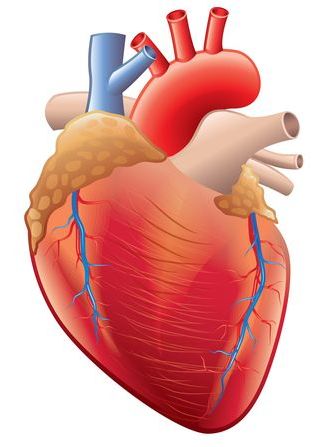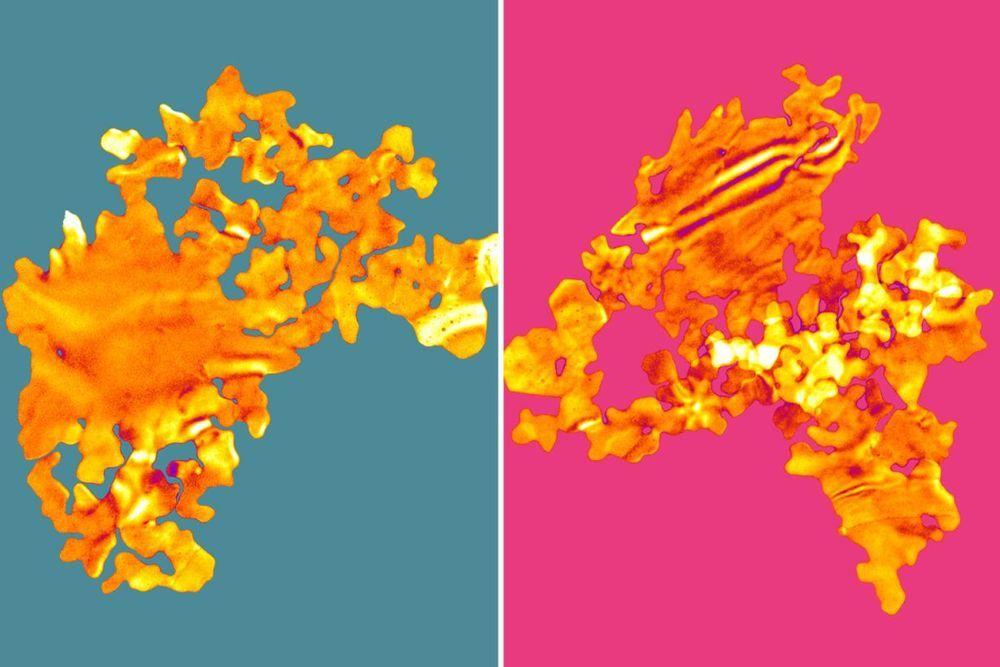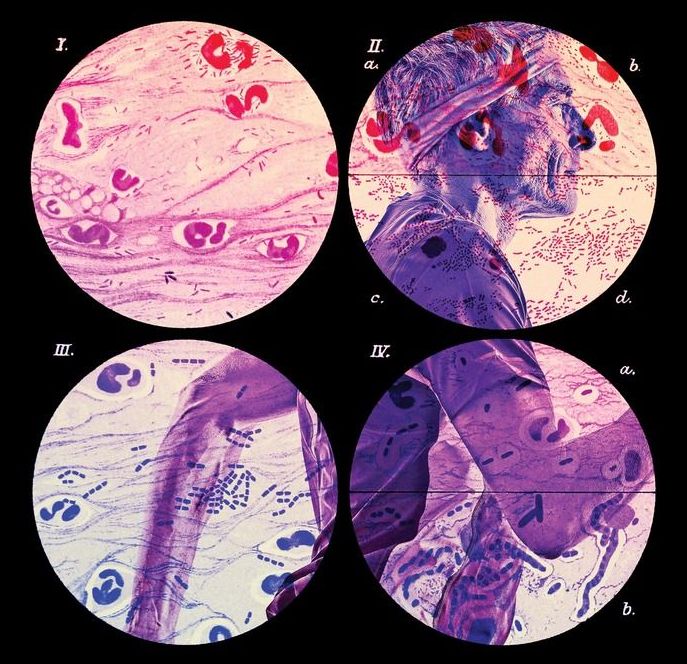Aug 7, 2019
Allele specific repair of splicing mutations in cystic fibrosis through AsCas12a genome editing
Posted by Genevieve Klien in categories: biotech/medical, genetics
Cystic fibrosis (CF) is an autosomal recessive disease caused by mutations in the CFTR gene. The 3272–26AG and 3849+10kbCT CFTR mutations alter the correct splicing of the CFTR gene, generating new acceptor and donor splice sites respectively. Here we develop a genome editing approach to permanently correct these genetic defects, using a single crRNA and the Acidaminococcus sp. BV3L6, AsCas12a. This genetic repair strategy is highly precise, showing very strong discrimination between the wild-type and mutant sequence and a complete absence of detectable off-targets. The efficacy of this gene correction strategy is verified in intestinal organoids and airway epithelial cells derived from CF patients carrying the 3272–26AG or 3849+10kbCT mutations, showing efficient repair and complete functional recovery of the CFTR channel. These results demonstrate that allele-specific genome editing with AsCas12a can correct aberrant CFTR splicing mutations, paving the way for a permanent splicing correction in genetic diseases.


















